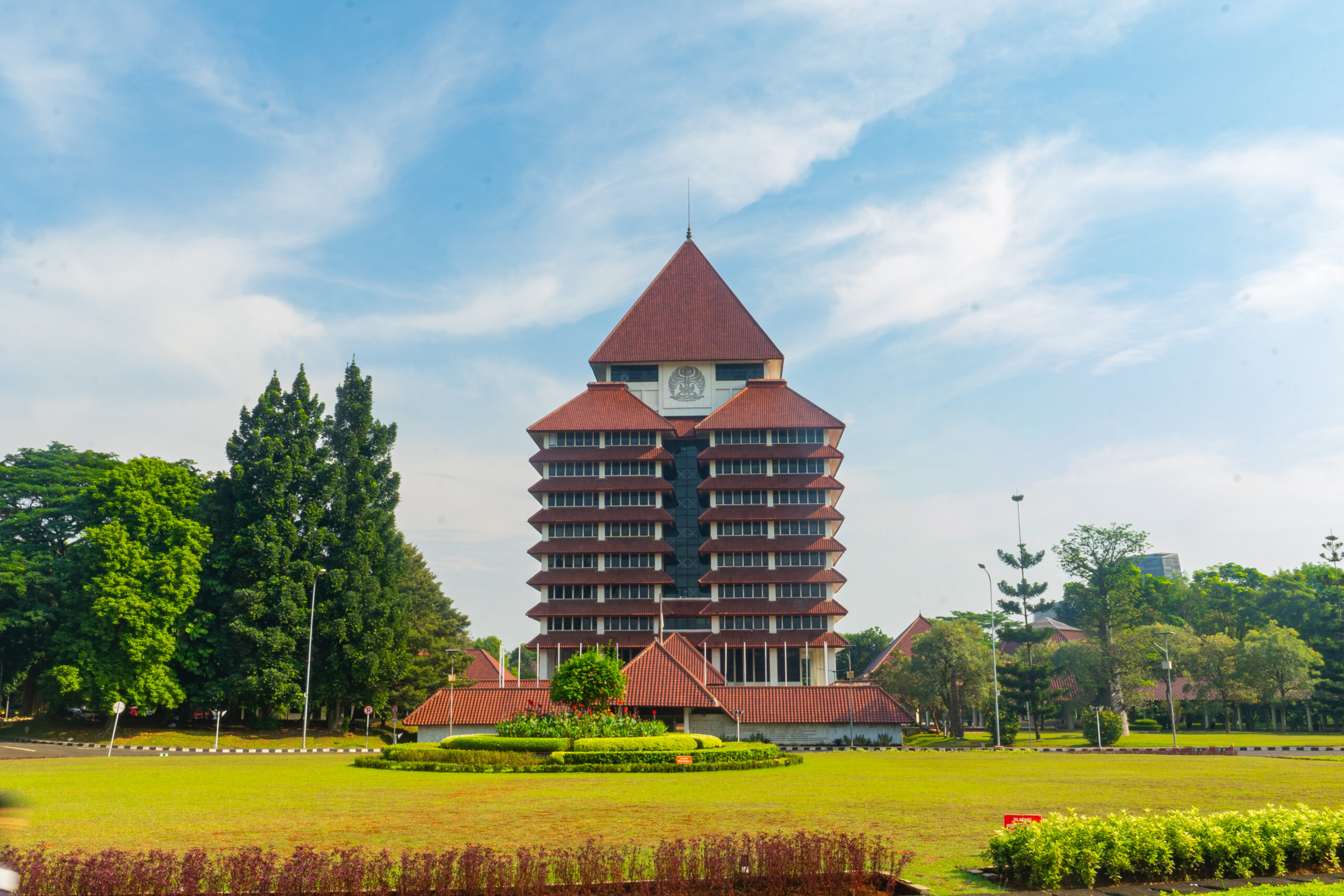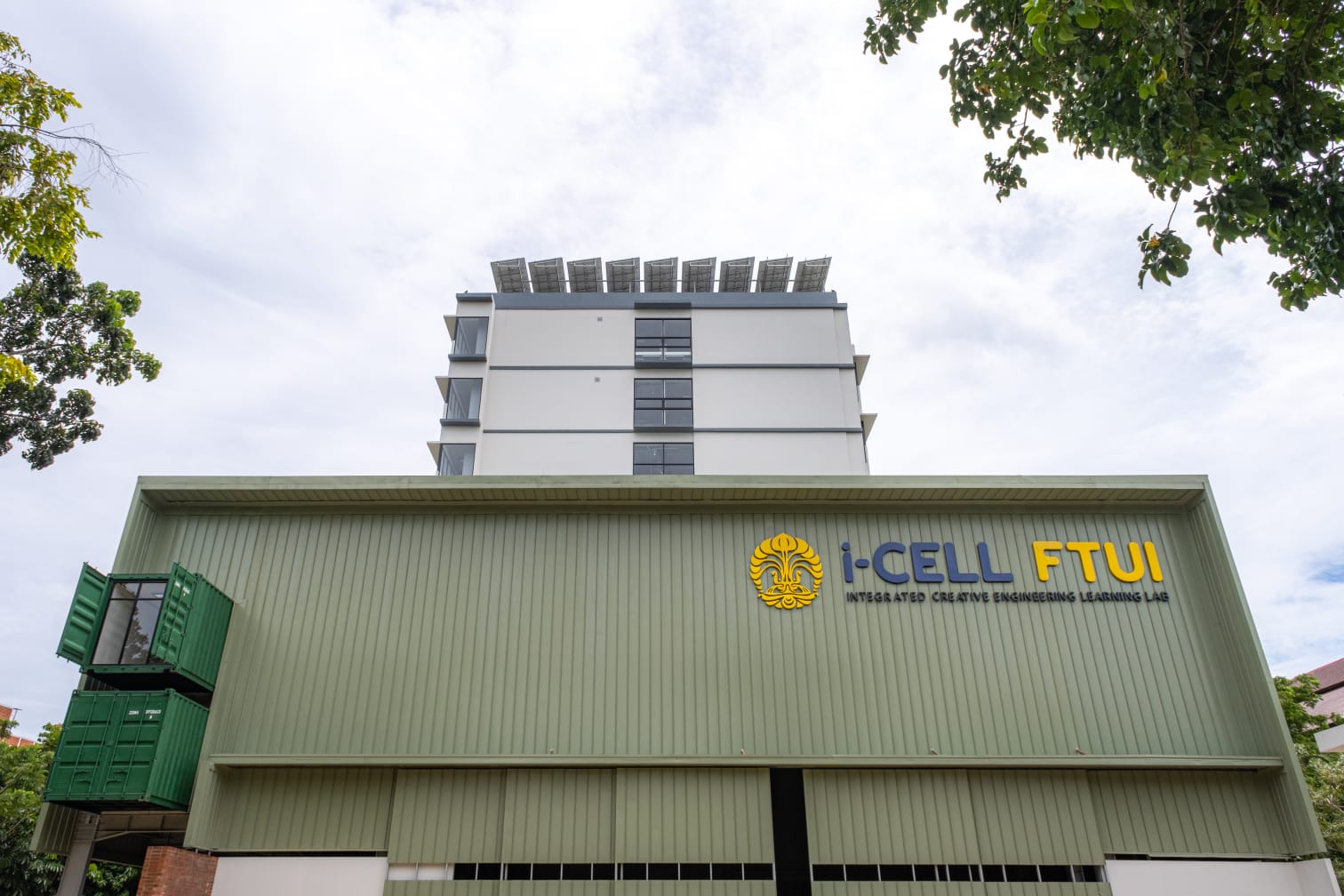
A lecturer at the Department of Mental Health Sciences, Faculty of Medicine, Universitas Indonesia (FMUI)-RSCM, who is also a student of the Doctor of Medicine Program, dr. Natalia Widiasih Raharjanti, Sp.KJ(K), M.Pd.Ked., conducted dissertation research entitled “Development of Assessment Instruments and Psychomedicolegal Analysis Thinking Ability Modules for Psychiatrists”. Her Doctoral Promotion Session took place in a hybrid format from the IMERI Auditorium, 3rd Floor, FMUI Salemba Campus.
Natalia Widiasih Raharjanti is an expert in the field of Forensic Psychiatry and currently also serves as Chair of the FMUI Mental Medicine Specialist Study Program. In her doctoral promotion session, Natalia explained the results of research on her dissertation in the form of the Psychomedicolegal Analysis Thinking Ability Module (Kemampuan Berpikir Analisis Psikomedikolegal, KBAP). KBAP is an attempt to summarize forensic psychiatry skills for general psychiatrists to meet professional and legal standards.
This research aims to identify KBAP competency items, review the KBAP achievements of Indonesian psychiatrists, and develop a module to train psychiatrists in KBAP. KBAP is an innovation that serves as a specific and concrete guideline for psychiatrists to better manage forensic psychiatry cases, supporting the achievement of justice for individuals in conflict with the law. The involvement of experts from various fields also ensures that KBAP can answer the needs of all parties involved in a legal case. KBAP serves as an effort to mitigate biases that can impact service quality.
This goal is achieved through three strategies, namely KBAP as a cognitive forcing tool that encourages psychiatrists to review their analysis in a careful and structured manner; safety netting to consider the possibility of alternative conclusions from the examination data set; and tolerating uncertainty by identifying data limitations and their implications for examination conclusions. The KBAP has also integrated all stages of forensic psychiatry work into a single entity, in contrast to current guidelines that focus on the examination stage only or report writing only, and sometimes ignore the preparation stage.
The KBAP Module was developed online as an adaptation to the COVID-19 pandemic situation and to increase the accessibility of the module for psychiatrists throughout Indonesia. The KBAP module is designed to be Moodle-based and can be visited at https://www.psikfor.id. The module utilizes various learning activities to increase knowledge (video material by resource persons, journal articles, textbooks) as well as train skills (assessing the quality of forensic psychiatry reports on self and peers, preparing self-reflection, improving reports, and participating in online moot court). The evaluation methods also vary according to the learning objectives and activities and utilize the KBAP Assessment Sheet that has been developed. The majority of activities are conducted asynchronously, with regular synchronous sessions each week, giving participants the flexibility to self-organize their learning.
After being piloted with 20 psychiatrists, the KBAP Module was rated as feasible and valid. The development and implementation of the online KBAP Module is not costly. In module feedback, participants expressed satisfaction with the readiness and ease of the KBAP Module platform.
Furthermore, module participants benefited from a wide range of KBAP Module activities that will enhance the quality of their forensic psychiatry services. By completing the KBAP Module, participants recognized areas in which they need to improve, including caution against bias and emotion regulation, and were able to improve the quality of forensic psychiatry reports.

In the doctoral promotion session led by the Dean of FMUI Prof. Dr. dr. Ari Fahrial Syam, Sp.PDKGEH, dr. Natalia managed to defend her dissertation in front of a team of examiners chaired by Prof. Dr. dr. Suhendro, Sp.PD-KPTI with a member of the testing team Dr. dr. Wresti Indriatmi, Sp.KK(K), M.Epid; Prof. dr. Marlina Setiawati Mahajudin, Sp.KJ(K) from the Faculty of Medicine, Universitas Airlangga; and Prof. Dr. Elizabeth Kristi Poerwandari, M. Hum, a psychologist from the Faculty of Psychology, Universitas Indonesia. Acting as promoter is Prof. Dr. dr. Tjhin Wiguna, Sp.KJ(K) with co-promoters Prof. Dr. dr. Agus Purwadianto, DFM, S.H, M.Si, Sp.F(K) and dr. Diantha Soemantri, M.Med.Ed, Ph.D..
In the doctoral promotion session held on Thursday (14/07), Natalia successfully defended her dissertation before the examining team. The KBAP module should be offered as a continuing education activity for psychiatrists and integrated into the formal curriculum of mental medicine specialists and subspecialists. The development of KBAP competencies and teaching modules can provide concrete benefits to forensic psychiatry services and education in Indonesia, as well as being the basis for further research, in order to achieve equal justice for the people of Indonesia.



